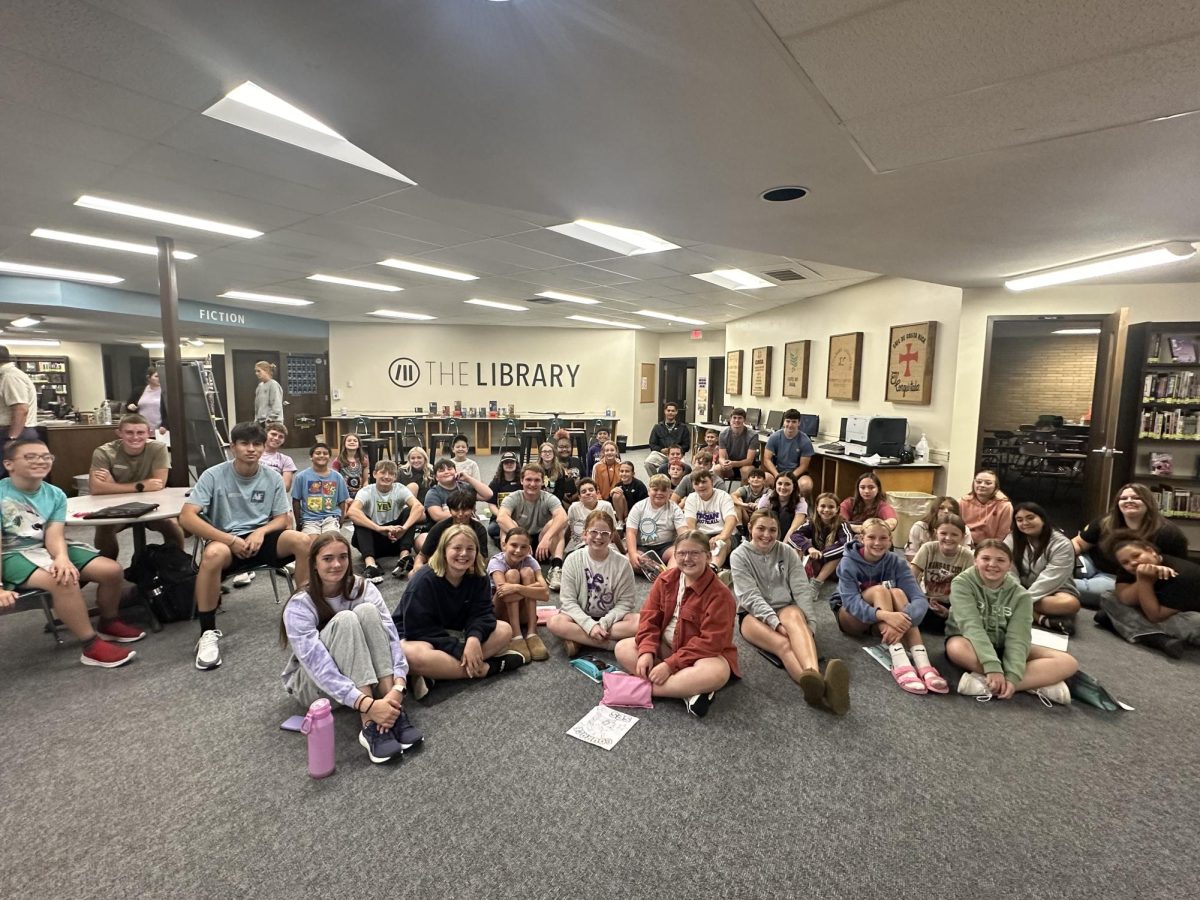The Congressional TikTok Hearing Was A National Embarrassment

April 18, 2023
The majority of TikTok users have undoubtedly seen the recent US Senate Energy and Commerce hearings involving Tiktok CEO Shou Zi Chew, and the vast majority of those watching have seen just how unfamiliar these senators are with the site they seem to be so concerned about. Congressmen from across the country expressed their concerns on topics ranging from security risks to algorithmic data, however, the course of action to convey these concerns was absolutely unacceptable.
The blatant prejudice and sheer unwillingness to form an opinion separate from those predetermined before the hearing has made Congress a laughingstock of our nation.
By barking out largely rhetorical questions and immediately interrupting expected answers (Rep. Kat Cammack, R-FL) and consistently mislabeling Mr. Chew as a Chinese citizen that is obligated to comply with “his” government (Rep. Dan Crenshaw, R-TX), representatives have shown only hostility towards the CEO.
This hearing has shown that senators have no actual interest in the people’s data security, and are instead focused on satisfying their narrowed views.
One example of this comes from Texas rep. Randy Weber, where instead of using his time to properly question Mr. Chew, he instead threw out accusations that “TikTok is indoctrinating our children with divisive, woke, and pro-CCP propaganda.” – a claim with little to no evidence whatsoever, where it can even be argued that online users and the culture present on the platform can induce the opposite effect, as through an alt-right pipeline.
The reason that these senators are concerned with the idea of TikTok operating within the US as a foreign-owned platform is very simple; they can’t control it.
The security risks that have garnered concern are present within virtually every single media platform accessible to US citizens, but the distinction between TikTok and the rest of these companies is that TikTok is based in a foreign country, meaning there is less obligation to turn over data to our government.
According to the Associated Press, the vast majority of media and tech giants comply with roughly 85% of all government requests, including Google, Microsoft, Meta, and Apple.
In addition, the recent introduction of TikTok’s Project Texas, a complete reallocation of US users’ data, has shown that the company is fully willing to work with the government to ensure the safety of US data.
Despite these efforts, a bipartisan group of senators introduced the RESTRICT Act. This act is extremely dangerous for national security, with many opposition leaders comparing the act to the infamous Patriot Act. This act has various issues that are apparent with just a short overview. For example, there is an extreme lack of transparency and communication with the general public as to what this act is actually going to prohibit. The restrictions are to be determined by an unelected council, appointed by the president, who are allowed closed-door meetings with no view from the public.
Senator Warner, the Virginian Democrat who introduced the act, states that the bill is focused more on targeting foreign corporate entities engaged in sabotage or subversion of US communications instead of end users (I.e prohibiting the use of specific online tools such as VPNs).
However, the utter vagueness of the bill sparks worries for a lot of people, considering the fact that this would only further tighten the grip that the American government has on the digital data and the social media presence of its citizens. Others will also argue that restricting access to foreign platforms is a direct violation of first amendment rights to information.
There are simply far too many issues to discuss on the basis of the act itself, and more concern seems to lie with the actual hearing directed toward TikTok, as many congressmen simply had no idea what they were talking about. There were many things to come from this hearing, although nothing stands in comparison to the absolute (although equally frightening) hilarity of these congressmen’s questioning.
A personal favorite comes from NC Rep. Richard Hudson during his questioning, where he asked “Does TikTok access the home Wi-Fi network?” When Chew understandably replied in a confused manner, Hudson interrupted to ask “So if I have [the] TikTok app on my phone, and my phone is on my home Wi-Fi network, does TikTok access that network?” (House Committee on Energy and Commerce). For those who may not be familiar with how internet connection works, quite literally any app, service, or other application on a device needs some sort of connection to either WiFi or cellular service.
This is common knowledge that can be learned with a single Google search. Why are some of these Congressmen not spending an ounce of time to research the actual topic that they’re holding a hearing on?
By what metric are these men and women remotely qualified to accurately represent the US people in this matter if they have no idea how technology actually works?
These congressional representatives have shown time and time again that their knowledge is far too outdated on modern affairs, especially with technology. This hearing has shown that we need to change our system in order to protect our constitutional rights. Scapegoating a foreign-based company in an effort to restrict online rights for Americans further is not a step in the right direction for our nation. We must advocate for the protection of our rights under any circumstances, even when we are not the direct target of those who threaten to take rights away.






